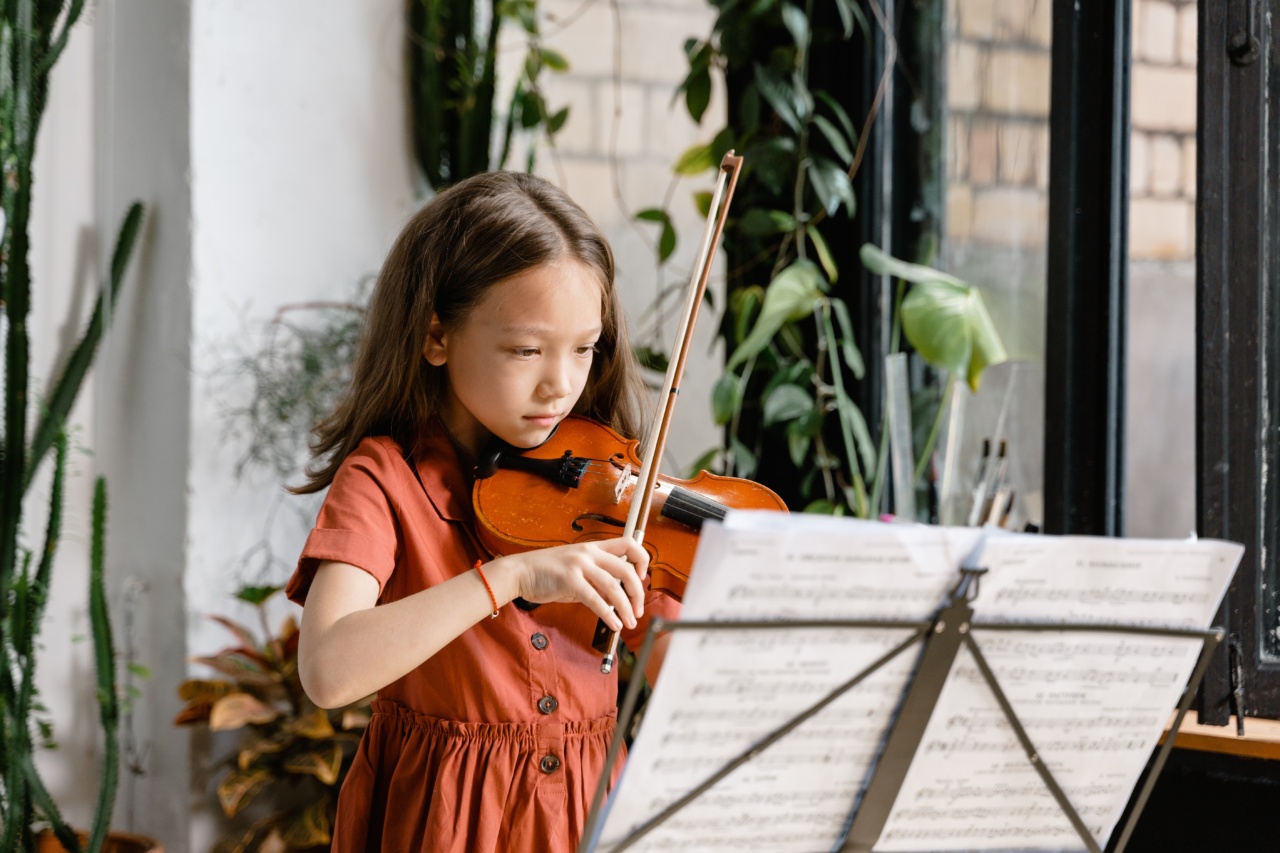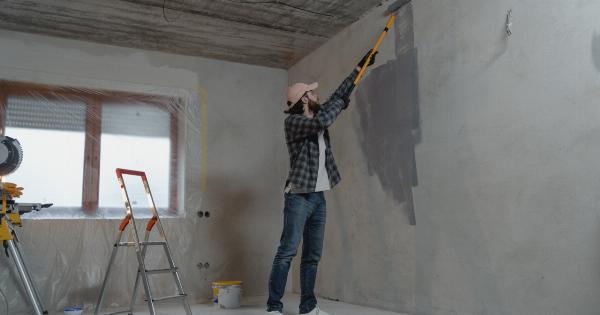Learning an instrument or music theory can be a challenging but rewarding experience. Whether you’re a beginner or have been playing for years, there are always ways to improve and learn more effectively.
Here are 30 tips to help you learn music faster:.
1. Start with the basics
Before you can master a complex piece, you should first focus on the basics. Start with the fundamentals of music theory, such as note values, time signatures, and scales.
Once you have a good grasp of these concepts, you can move on to more advanced topics.
2. Create a practice routine
It’s important to set aside time each day for practice. Create a routine that works for you and stick to it. This will help you develop good habits and make progress faster.
3. Break up practice sessions
Instead of practicing for hours at a time, break up your sessions into smaller chunks. This will help you maintain focus and avoid burnout. Try practicing for 30 minutes at a time, with short breaks in between.
4. Set goals
When learning a new piece, set specific goals for what you want to achieve. This will help you stay motivated and track your progress.
5. Use a metronome
A metronome is a useful tool to help you maintain a consistent tempo when practicing. Start with a slower tempo and gradually increase it as you become more comfortable with the piece.
6. Record yourself
Record yourself playing to identify areas where you need improvement. This will also help you track your progress over time.
7. Experiment with different genres
Don’t limit yourself to one genre of music. Experiment with different styles to expand your skills and knowledge.
8. Play with others
Playing with other musicians can help you develop your skills and learn new techniques. Try joining a band or attending jam sessions to find other musicians to play with.
9. Learn from others
Take advantage of online resources and seek out advice from more experienced musicians. You can also attend workshops and masterclasses to learn from professionals.
10. Stay focused
When practicing, stay focused on the task at hand. Avoid distractions and maintain a clear mind to achieve maximum results.
11. Take breaks
It’s important to take breaks to avoid burnout. Step away from your instrument and give yourself time to rest and recharge.
12. Practice sight-reading
Sight-reading is an important skill for any musician. Practice reading music at sight to improve your accuracy and speed.
13. Analyze music
Take time to analyze the structure and components of a piece of music. This will help you better understand how to play it and interpret it.
14. Slow down difficult passages
If you’re struggling with a particular passage, slow it down and practice it at a comfortable tempo. Gradually increase the tempo as you become more comfortable with the passage.
15. Practice slowly
When practicing, it’s important to play slowly and accurately. This will help you build muscle memory and improve your technique.
16. Use a tuner
A tuner is a useful tool to help you maintain correct intonation when playing. Use it to tune your instrument before each practice session.
17. Focus on expression
Don’t just focus on playing the right notes. Pay attention to expression and dynamics to add emotion and feeling to your playing.
18. Practice scales
Practicing scales is a great way to improve your technique and dexterity. Start with major and minor scales and move on to more advanced scales as you progress.
19. Use a practice log
Keep track of your practice sessions and progress in a practice log. This will help you identify areas where you need improvement and track your progress over time.
20. Learn music theory
Understanding music theory is essential to becoming a well-rounded musician. Take time to study concepts such as harmony, chord progressions, and musical form.
21. Practice with a purpose
When practicing, focus on specific areas where you need improvement. Don’t just mindlessly play through pieces.
22. Experiment with different instruments
Playing multiple instruments can help you become a more versatile musician. Try learning a new instrument to expand your skills and knowledge.
23. Use technology
There are many apps and programs that can help you learn and practice music more efficiently. Use technology to your advantage.
24. Stay patient
Learning music takes time and patience. Don’t get discouraged if you don’t see progress immediately. Keep practicing and you will improve.
25. Listen to music
Take time to listen to a wide variety of music. This will help you develop an ear for different styles and techniques.
26. Practice with a teacher
A music teacher can provide valuable feedback and guidance to help you improve your skills. Consider taking lessons to enhance your learning.
27. Learn to read music
Reading music is an essential skill for any musician. Practice reading music notation to improve your accuracy and speed.
28. Learn music history
Understanding the history of music can provide valuable insights into different styles and techniques. Take time to study music history and its evolution.
29. Experiment with improvisation
Improvising is a great way to develop your creativity and musicality. Experiment with improvisation to expand your skills and express yourself musically.
30. Have fun
Learning music should be an enjoyable experience. Don’t put too much pressure on yourself and remember to have fun.































